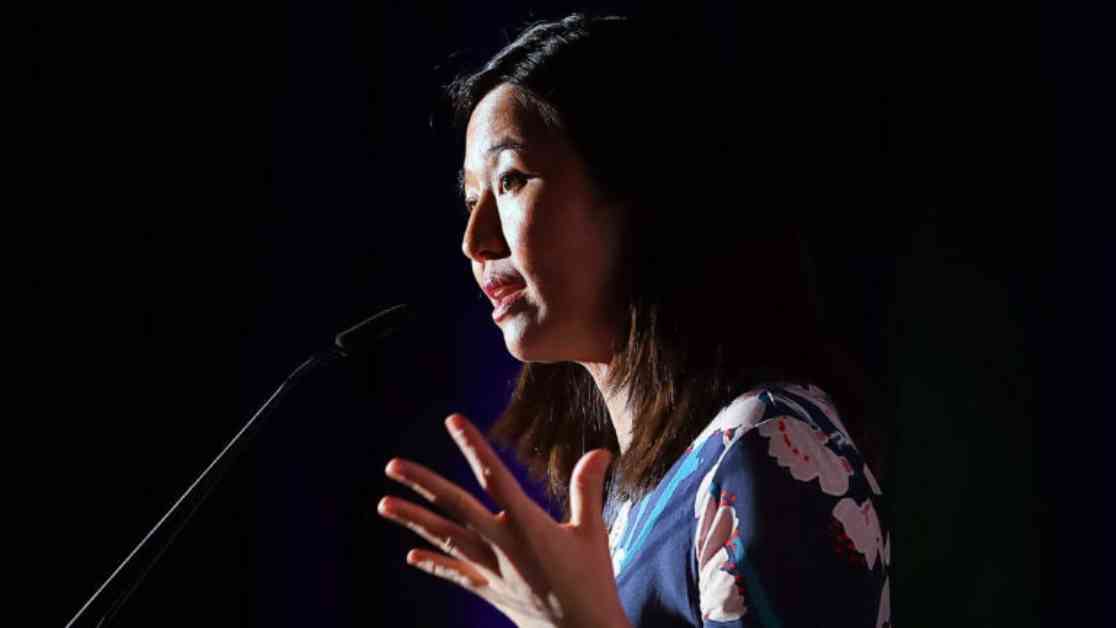Boston Mayor Michelle Wu Proposes New Tax Relief Plan with Potential Rebates
Boston Mayor Michelle Wu has unveiled a new tax relief proposal aimed at helping residents cope with significant spikes in residential property taxes. This latest move comes after a previous attempt to shift the city’s property tax burden onto commercial real estate fell through due to new data showing less severe tax increases than initially anticipated.
The Impact of Tax Increases on Boston Residents
With over 70% of Boston’s budget funded through property taxes, the COVID-19 pandemic has led to a rise in residential property values while commercial properties have suffered. As a result, homeowners are facing notable tax spikes. Wu’s administration projected a 14% increase in property taxes for residential property owners year over year, which was later revised to about 10.5%. However, with the failure of the previous tax relief proposal, many homeowners have seen their tax bills rise significantly.
According to recent data, the average single-family home with a residential exemption experienced a 10.4% increase in their tax bill, equating to nearly $575 more per year. More than half of all residential property owners received bills with increases exceeding 9%, highlighting the financial strain on Boston residents.
Wu’s Proposed Solutions for Tax Relief
Wu’s latest proposal aims to set the tax rate for Fiscal Year 2025 at agreed-upon levels that would alleviate the burden on commercial properties. The plan also includes provisions to support small businesses impacted by the tax shift and increase exemptions for personal property taxes for small businesses. Furthermore, adjustments to eligibility criteria for senior tax relief programs are being proposed to provide additional support to older residents on fixed incomes.
In the event that the administration’s request to shift the tax burden to commercial property owners is rejected again, the proposal includes provisions for tax rebates to residential property owners. The specifics of these rebates, including funding from the city’s reserves and eligibility criteria, will be determined at a later date.
City Council Approval and Political Dynamics
Wu’s proposal requires approval from the City Council before it can be sent to Beacon Hill for further consideration. With support from many councilors, the proposal is set for discussion, sparking debates and disagreements among officials. The blame game continues as some councilors point fingers at Wu for the tax increase, while others emphasize the need for positive leadership in addressing the issue.
As Boston residents grapple with higher taxes and the ongoing political maneuvers, the fate of Wu’s tax relief proposal remains uncertain. Stay tuned for updates on the evolving situation and potential impacts on the city’s residents.
Remember, the decisions made by our local leaders have a direct impact on our daily lives. Make sure to stay informed and engaged in the political process to shape the future of our community.





